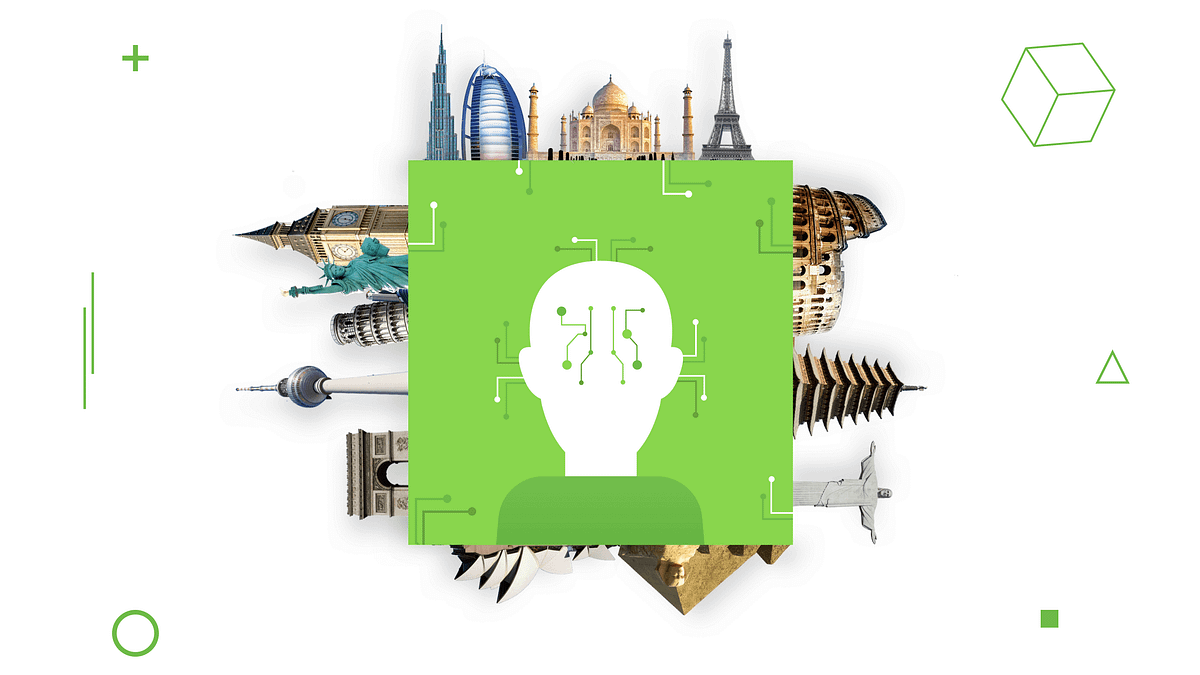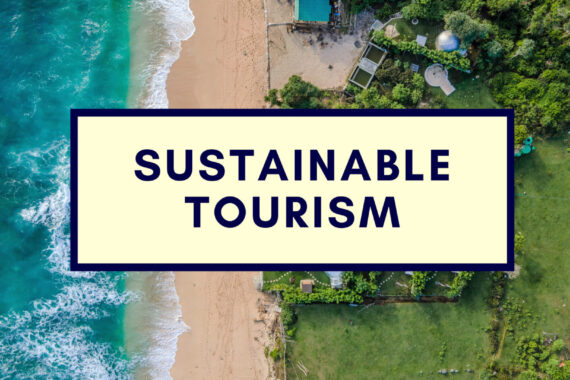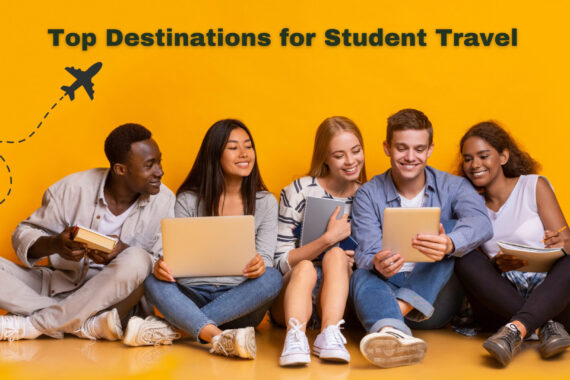As a travel business, you need to be able to bring together two very different things – understanding of customers & knowledge of places. Both are constantly evolving with technology. Customers are now becoming born-digital disruptors, bringing their experiences (both good and bad) to social media and changing the way we perceive new places. And as the routine travel information gets more democratized, we need to drill down to very specific knowledge to be able to make a difference to our customers.
So how can we create the right marketing strategies in this dynamic fast changing world? The solution lies in improved customer experience & service – using Artificial Intelligence (AI) to collect audience data to provide seamless and easy user experiences.
We have put together a short explainer on why AI is such a big deal & how you can use it.

Photo by Mahdis Mousavi on Unsplash
While modern technologies make traveling easy, they also generate a huge amount of data. Your customers can book flights and hotels in mobile apps, easily find restaurants and entertainment, and pay for everything online. At each step their data is being recorded, from who they are, to what options they have, what choices they make, how much they spend, on what they spend it and so on.
AI is not just a single technology but a rapidly evolving collection of technologies like deep learning, machine learning (ML), and expert systems. The data collected is used by these systems to generate actionable strategies for improving business outcomes.

Here are some ways that you can leverage this data for AI & ML solutions to optimize your marketing campaigns:
Personalized Recommendations
A limited-memory AI solution can skim a review site, such as TripAdvisor, to determine the most popular destinations around a major travel season, like summertime. They can create a summary of which kind of customers choose which packages & what are their budgets.
This gives you insights into their preferences & behaviours & help you suggest tailored destinations, best flights, accommodations or activities to your customers. Your recommendations will greatly increase the likelihood of a purchase and you can periodically also keep sending travel updates to customers via messenger.
Predictive Segmentation
This will help you separate consumers based on their probability of purchasing & categorize your leads. Using their device location data and their history, a predictive algorithm can effectively identify visitors as travellers, locals, or flight passengers. From there, it’s possible to deep dive demographics (based on age, gender etc) and build target audience segments. Using a blend of data enrichment and predictive analytics you can also help distinguish between your business and leisure travellers.
Once you have segmented the customers, you can use it to predict travel trends, customer preferences, and demand patterns. You can then tweak your marketing campaigns and inventory management to attract more customers and improve conversion rates.
Chatbots and Virtual Assistants
AI-powered chatbots or virtual assistants will help you provide smart bookings, facial recognition technology, quicker customer service, personalized recommendations, flight forecasting and other advancements. They can also improve the booking process on existing platforms like web browsers and messenger applications (WhatsApp or Facebook).
By automating most of the routine tasks, you can serve customers faster, cheaper, anytime, anywhere and frees up your time to grow your business.
Social Media Listening
This is a great tool to track mentions, comments and conversations related to your travel brand. This will help to analyse sentiments, locate trouble spots, and fix them which in turn can help to drive growth. Some customers might be dissatisfied with services, and you can rapidly respond to solve their issues. While others, who may be delighted by your services, can be used to indirectly promote your brand.
Dynamic Pricing
Dynamic pricing allows you to adjust your prices to meet changes in customer demand. Machine learning will also help to analyse market conditions & competitor pricing to maintain competitiveness in the travel industry. The AI-powered dynamic pricing tools have capabilities to read demand patterns of more than 500 transport routes across India and 3 billion price points every 15 minutes.
Help Resolve Travel Disruptions
Companies responsible for trains, planes, and other travel infrastructure can monitor and predict maintenance needs, helping prevent breakdowns and meet customer expectations around reliability and timeliness. Predictive technologies based on information about weather and current delays will allow you to alert to possible disruptions and automatically offer alternate solutions.
A study by Harvard Business Review found that companies using AI for sales can increase their leads by more than 50%, reduce call time by 60-70%, and have cost reductions of 40-60%.
As Alan Watts said, “The only way to make sense out of change is to plunge into it, move with it and join the dance.” So, start looking at AI seriously, and see how your business improves.





